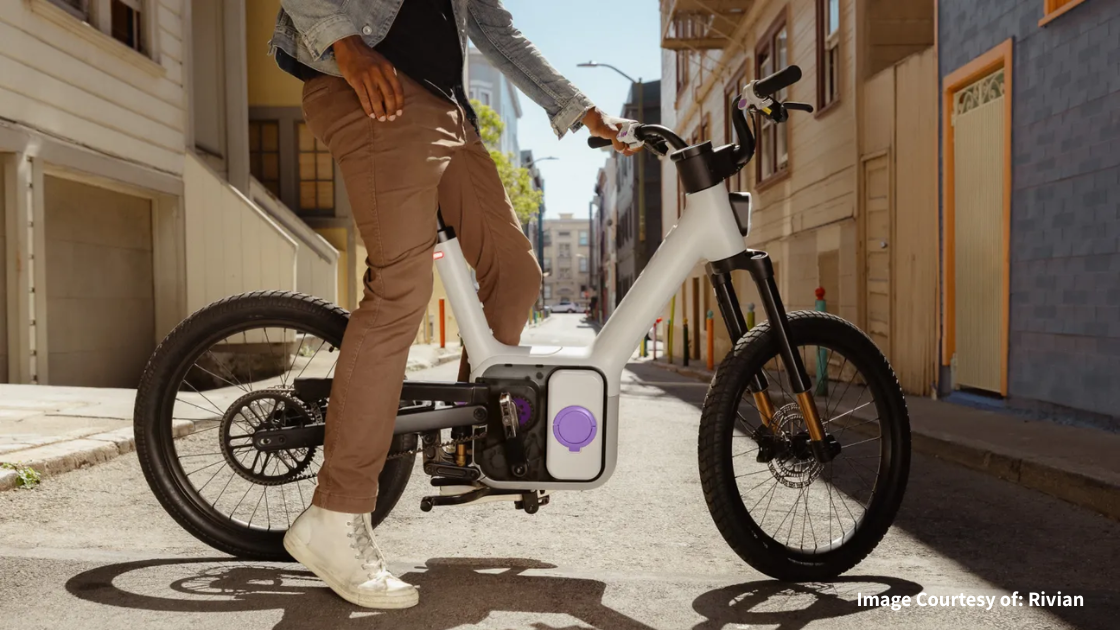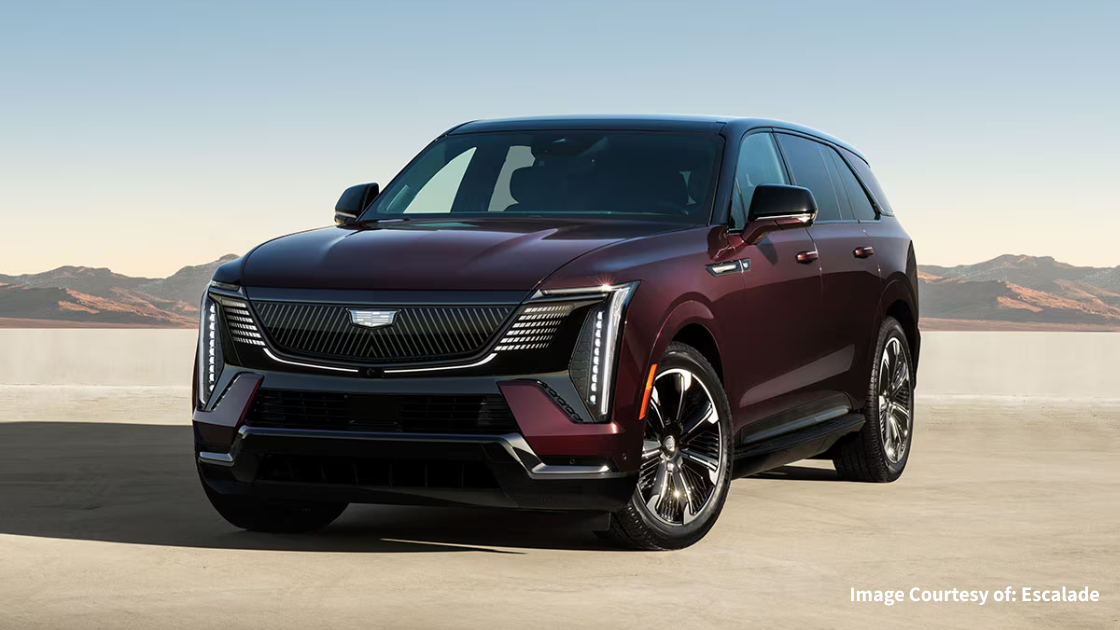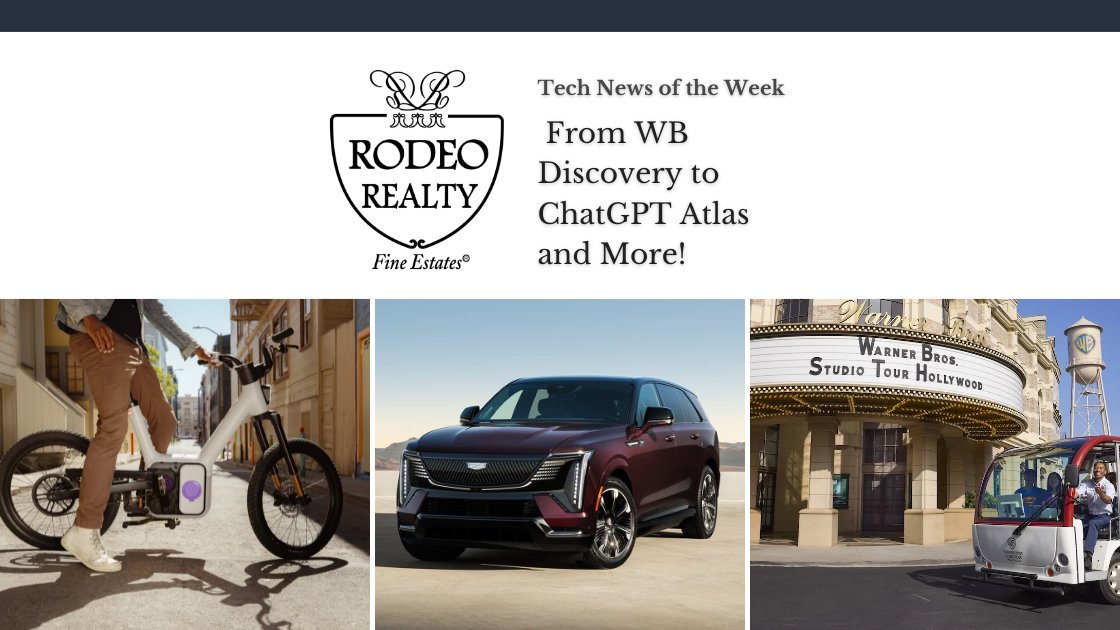The tech world is abuzz with this week’s major headlines! From a potential sale of WB Discovery to the launch of ChatGPT Atlas and more, we have covered. Stay connected with the latest news in the world of tech with this week’s blog!
Ring’s founder publishes a memoir and doubles down on AI tools for safety

Ring founder Jamie Siminoff’s new book Ding Dong traces the company’s origins and previews his renewed vision for the product, arguing AI features could dramatically reduce neighborhood crime. Siminoff highlights new tools like Search Party, which can sift through Ring footage to find lost pets or critical moments, and he says the company is refocusing on rapid feature development fueled by recent AI advances. He also acknowledges controversy around Ring’s past police integrations while defending more controlled partnerships and community-request workflows that let neighbors and authorities request footage. The memoir frames Ring’s arc as one of iterative invention and renewed mission, but privacy advocates remain wary about expanded camera networks and automated search tools. Whether you view it as hopeful innovation or a cautionary tale, the book surfaces the tradeoffs at the intersection of home security, data, and automation.
OpenAI launches ChatGPT Atlas – an AI-powered browser and agent experience

OpenAI introduced ChatGPT Atlas, an AI-centric browser/agent that blends browsing, search, and conversational agents to surface answers and act on users’ behalf in web contexts. Atlas aims to be more than a search wrapper: it can summarize pages, follow multi-step tasks, and interface with web apps — positioning itself as an alternative to traditional browsers by baking agents into the browsing flow. The product raises questions about information provenance and how much agency users want their browser to take, but OpenAI emphasizes controls and transparency for actions taken on a user’s behalf. For publishers and web developers, Atlas represents another pathway to surface content (and a new place to optimize for AI-driven discovery). Expect rapid iteration as OpenAI balances convenience, reliability, and safety in an environment that blurs browsing and conversational AI.
HBO Max adds ratings to tune recommendations and surface viewer taste

HBO Max rolled out a viewer rating system designed to improve personalized recommendations and give users a direct way to signal what they liked (or didn’t). The new feature is integrated into the app experience and feeds into HBO Max’s recommendation algorithms so that collections and home-screen carousels better reflect aggregated viewer judgments. For viewers, ratings are a small interaction that can meaningfully change discovery over time; for HBO Max, they provide clearer signals to refine promotion and highlight underappreciated titles. The update follows an industry pattern of blending editorial curation with user signals to keep people watching and reduce choice friction. Early tests will determine how strongly ratings shift what the service surfaces to different audience segments.
Rivian’s TM-B e-bike shows the brand stretching beyond EV trucks

Rivian revealed the TM-B electric bike, a design-forward two-wheeler that leans into utility and outdoors lifestyle cues familiar from the company’s trucks and accessories. The bike pairs rugged aesthetics with tech-forward specs—modular cargo options, integrated helmet systems, and Electrified controls aimed at adventure riders who want a vehicle that fits both trail and town. Rivian frames the TM-B as part of a broader mobility toolkit rather than a standalone product, signaling its ambition to extend its ecosystem beyond cars. Price and availability target premium buyers, and early reactions praise its build and thoughtful integration with Rivian’s accessory lineup. If the company can translate its EV brand cachet into two-wheeled credibility, TM-B could become a meaningful sub-brand play.
GM confirms hands-free, eyes-off driving for Escalade IQ by 2028

General Motors says it will offer an advanced hands-free, eyes-off driving capability on the Escalade IQ by 2028 as part of its Forward/robot-driver roadmap, moving toward Level 3 autonomy for limited highway conditions. The system will let drivers remove their eyes from the road under defined conditions while the vehicle handles driving tasks, with safety protocols to ensure graceful transitions back to manual control. GM frames the feature as incremental and safety-first—built on data and simulation to minimize surprising handoffs—rather than a full replacement for human oversight. Regulators and insurers will be important partners as GM pilots the technology, and timelines could shift with testing outcomes and rulemaking. If successful, the Escalade IQ update will be a major commercial step toward everyday, regulated hands-free driving in luxury vehicles.
Warner Bros. Discovery explores a sale as studios and streamers reshape strategies

Warner Bros. Discovery is openly considering strategic options, including a potential sale. Likewise, the media giant, WB, is evaluating how best to compete amid shifting streaming economics and studio consolidation. This news from WB Discovery reflects broader industry pressure to optimize content investments and studio profitability in a crowded streaming landscape. Any WB sale—or other restructuring—would reshape partnership and distribution strategies for a major catalog owner. For creators and executives, the news underscores how corporate strategy is now tightly coupled to content monetization and platform reach. Watch for WB bidders and deal terms that will reveal how investors value large content libraries in today’s market.
